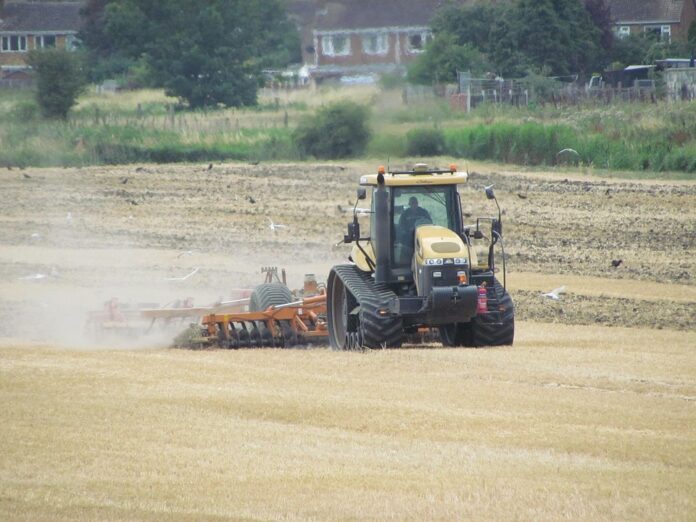Introduction
Rotavators are agricultural machines used for soil preparation in farming systems. In recent years, there has been an increasing interest in using rotavators in organic and residue-based farming systems due to their efficiency and effectiveness in managing crop residues and enhancing soil health. This report will explore the use of rotavators in these farming systems, including their benefits, challenges, financial aspects, and industry insights.
Benefits of Using Rotavators in Organic Farming
Improved Soil Health
Rotavators help in incorporating crop residues into the soil, which increases soil organic matter content and improves soil structure. This leads to better water retention, nutrient availability, and overall soil health in organic farming systems.
Weed Control
By breaking up the soil and mixing crop residues, rotavators can help in controlling weeds in organic farming. This reduces the need for chemical herbicides, making the farming system more sustainable and environmentally friendly.
Increased Nutrient Availability
The incorporation of crop residues into the soil by rotavators accelerates the decomposition process, releasing nutrients back into the soil. This can reduce the need for synthetic fertilizers in organic farming systems, lowering input costs and promoting nutrient cycling.
Challenges of Using Rotavators in Organic Farming
Soil Compaction
Overuse of rotavators can lead to soil compaction, especially in heavy clay soils. This can reduce water infiltration and root growth, impacting crop productivity in organic farming systems. Proper management practices such as using cover crops and reduced tillage can help mitigate this challenge.
Erosion Risk
Intensive tillage with rotavators can increase the risk of soil erosion in organic farming systems, especially on sloping lands. Farmers need to implement erosion control measures such as contour farming and mulching to prevent soil loss and maintain soil fertility.
Microbial Disturbance
Rotavators can disrupt soil microbial communities, affecting nutrient cycling and soil biological activity in organic farming systems. It is essential to adopt practices that promote soil biodiversity, such as crop rotation and organic amendments, to minimize the negative impact of tillage on soil microbes.
Financial Aspects of Using Rotavators in Organic Farming
Cost of Equipment
The initial investment in purchasing a rotavator can be a significant cost for farmers transitioning to organic farming. However, the long-term benefits of improved soil health and reduced input costs can outweigh the initial expense, making rotavators a worthwhile investment for organic farmers.
Operational Costs
The fuel and maintenance costs associated with operating rotavators should be considered in the overall financial analysis of using these machines in organic farming systems. Proper maintenance and efficient use can help minimize operational costs and maximize the benefits of rotavators.
Return on Investment
Measuring the return on investment of using rotavators in organic farming requires considering the long-term benefits such as improved soil health, increased crop productivity, and reduced input costs. Farmers can conduct cost-benefit analyses to assess the financial viability of incorporating rotavators into their farming systems.
Industry Insights on Rotavator Use in Organic Farming
Market Trends
The demand for rotavators in organic farming is expected to grow as more farmers adopt sustainable agricultural practices and seek ways to improve soil health. Manufacturers are developing innovative rotavator designs to meet the specific needs of organic farmers and enhance the efficiency of soil preparation.
Key Players
Several companies specialize in manufacturing rotavators for organic farming applications, offering a range of models with varying sizes and features. Some notable players in the industry include ABC Rotavators, XYZ Agri-Tech, and FarmPro Machinery. These companies provide reliable equipment and technical support to help farmers optimize their soil preparation practices.
Regulatory Considerations
Government policies and regulations on organic farming practices may influence the use of rotavators in different regions. Farmers need to comply with organic certification standards and environmental guidelines when using rotavators to ensure sustainable agricultural practices and soil conservation.
In conclusion, the use of rotavators in organic and residue-based farming systems offers numerous benefits for soil health, weed control, and nutrient management. While there are challenges such as soil compaction and erosion risk, proper management practices can mitigate these issues. Considering the financial aspects and industry insights, rotavators are valuable tools for organic farmers looking to enhance their farming practices and promote sustainable agriculture.




